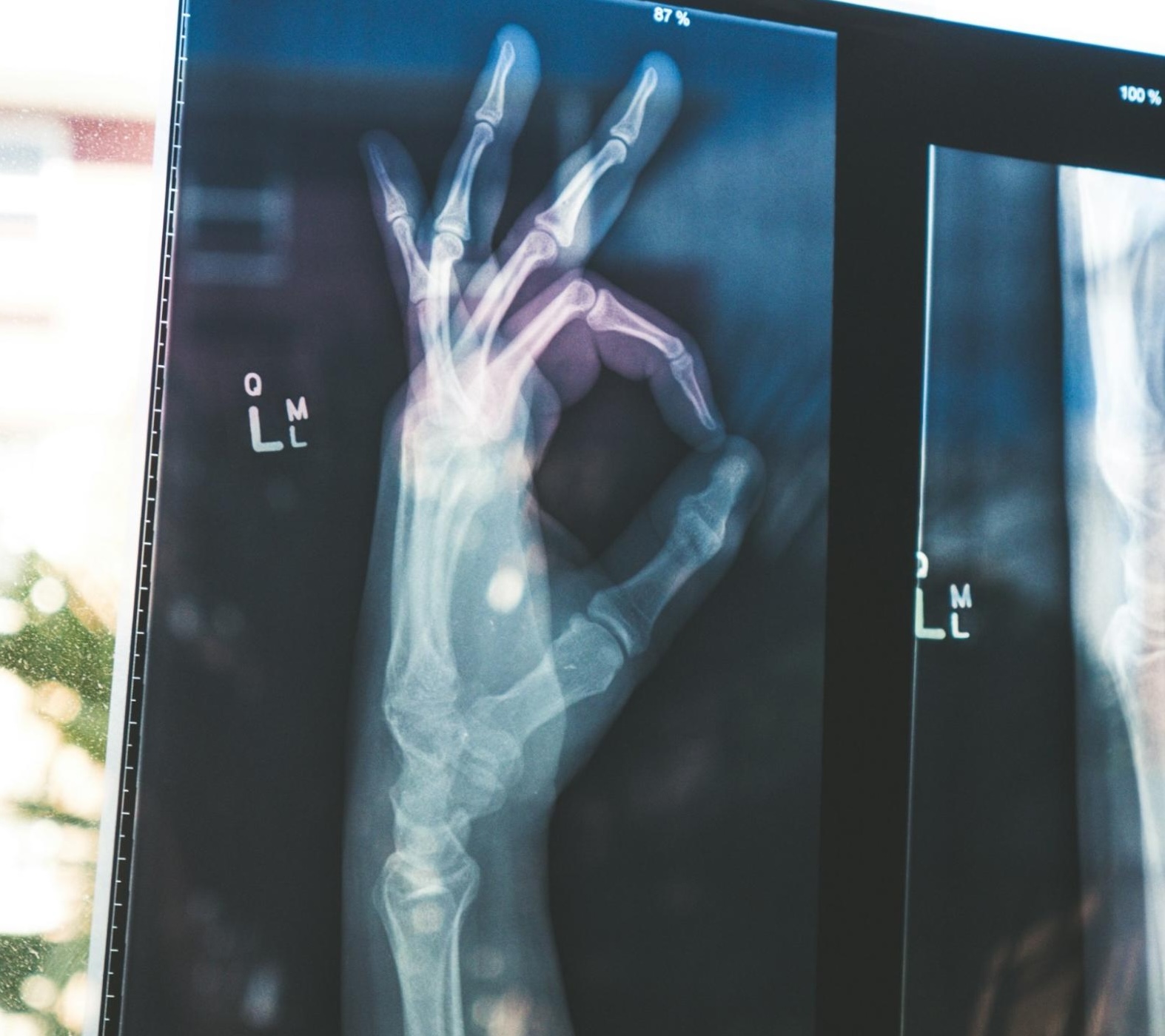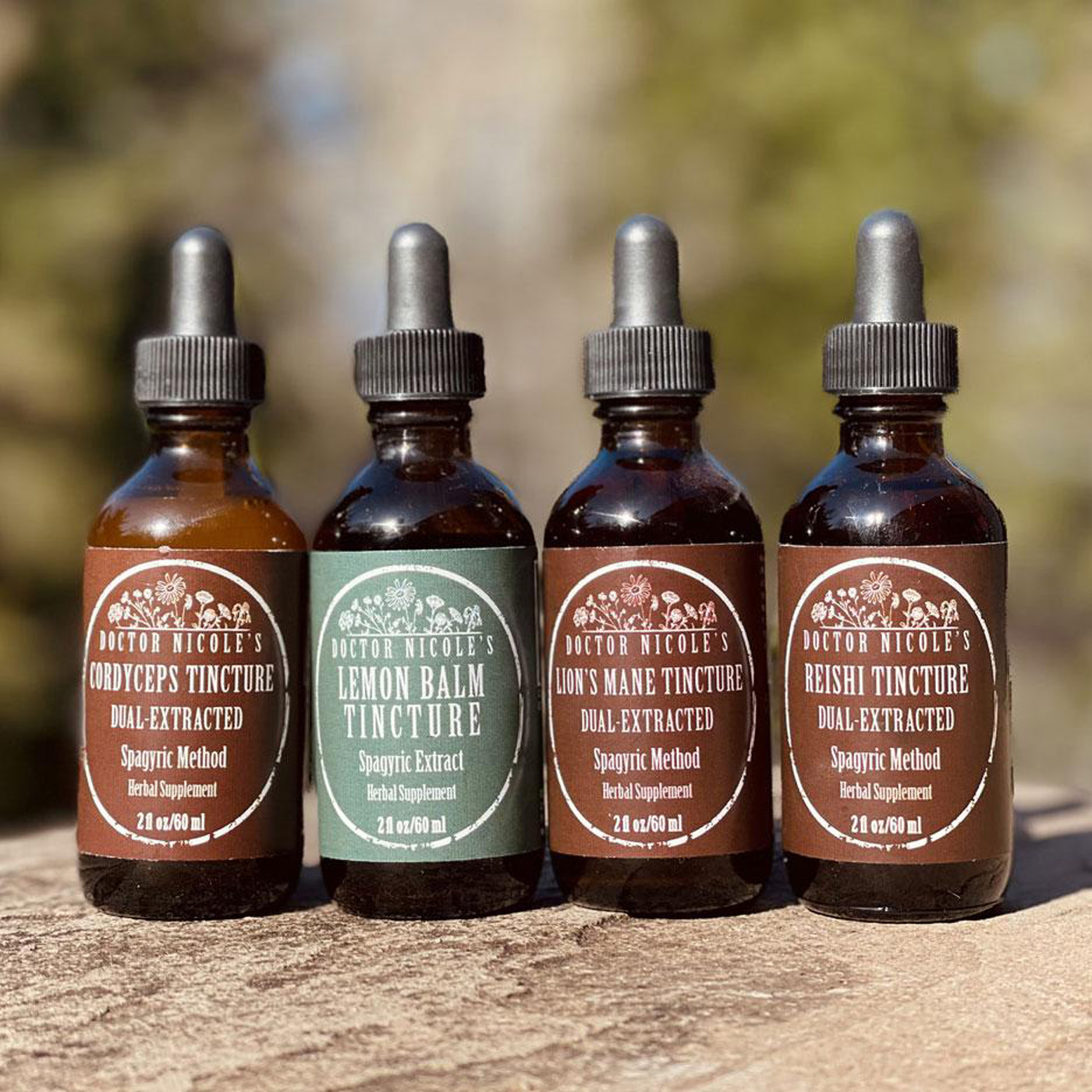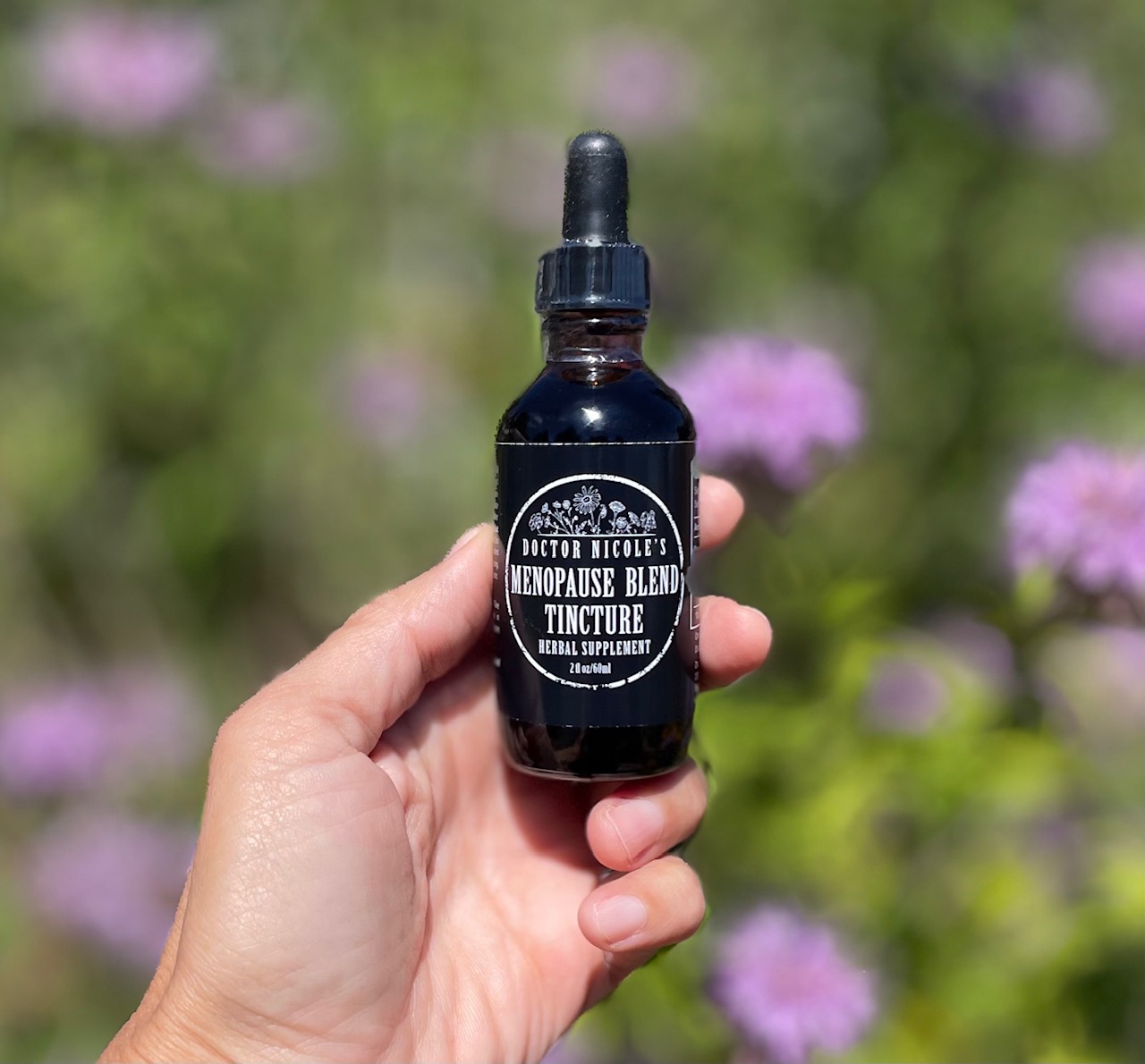You may have heard of creatine in relation to athletes and fitness influencers using it as an essential building block of lean muscle mass and improving endurance. However, preclinical animal studies have found the compound is also effective for a range of conditions — including Alzheimer’s, Parkinson’s, Huntington’s disease, amyotrophic lateral sclerosis (ALS), stroke, and epilepsy. It has been shown to be helpful for depression, bipolar disorder, and overall cognitive health.6 Researchers are now exploring if creatine supplementation may help those with multiple sclerosis as it has been well documented that creatine metabolism in MS patients appears to be dysfunctional.7
Moreover, human studies suggest that supplementing with creatine can also improve brain function, balance blood sugar levels, address non-alcoholic fatty liver disease (NAFLD), support heart health, and reduce stroke-related damage. Because of this, some researchers recommend taking creatine — especially in your later years, post menopause, or if a vegetarian — as it can help to promote healthy aging and boost overall cognitive health.
What is creatine?
A compound found naturally in the muscle cells, it helps to increase lean muscle mass, strength, and improves exercise performance and stamina. Not to be confused with amino acids, creatine is similar in many ways. However, it is synthesized from glycine, arginine, and methionine that you ingest — particularly red meat and seafood. It’s mainly stored in your muscles as phosphocreatine with the remaining amount found in the brain and testes.
Creatine is closely associated with the production of adenosine triphosphate (ATP), which is your body’s energy source. When you have appropriate levels of ATP, you can exercise longer and harder. Creatine also helps to support muscle recovery. It is essential for fast-acting energy, such as weightlifting, HIIT, and sprinting. Incredibly, even if you lead a sedentary lifestyle, supplementation contributes to short- and long-term muscle growth. This brings us to our next point: why adequate levels of creatine are important for healthy aging and post-menopause.

Age-Specific Benefits
A 2019 review found that age-related decreases in muscle mass, strength, and physical performance (also known as sarcopenia) are associated with reduced bone mass and elevated chronic inflammation. The team established that “creatine supplementation has the potential to increase aging muscle mass, muscle performance, and decrease the risk of falls and possibly attenuate inflammation and loss of bone mineral.”1
More recently, research published in the journal Nutrients noted that post-menopausal females experienced beneficial effects to skeletal and muscle size/function when consuming high doses of creatine (0.3 g·kg−1·d−1).2 The improvements were more pronounced when combined with resistance training. This is significant as osteoporosis risk increases post-menopause. See our Menopause Blend in the apothecary for additional support.
Pre-clinical and clinical evidence also indicates that supplementing with creatine has positive effects on mood and cognition, which is believed to be the result of restoring brain energy levels and homeostasis.2 It can also help to reduce mental fatigue, according to research published in Neuroscience & Biobehavioral Reviews.4
Creatine has also shown promise as a safe and effective adjunct to medication used in treating Huntington’s and Parkinson’s, along with schizophrenia, mood and anxiety disorders, and psychological stress.4 Cognitive decline associated with neurological disorders — such as Alzheimer’s — may also benefit from creatine supplementation as it supports learning, memory, and attention.2 Interestingly, some research has found that applying creatine topically may help to reduce wrinkles, skin aging, and reverse damage.8
How to Use
While there is debate as to whether pre- or post-workout is most effective for taking a creatine supplement, one study found that men who ingested creatine directly after their workout had better body composition and strength compared to those who used it before.5
The researchers recommend the following protocol:
“The most effective way to increase muscle creatine stores is to ingest 5g of creatine monohydrate (or approximately 0.3 g/kg body weight) four times daily for 5–7 days. However, higher levels of creatine supplementation for longer periods of time may be needed to increase brain concentrations of creatine, offset creatine synthesis deficiencies, or influence disease states. Once muscle creatine stores are fully saturated, creatine stores can generally be maintained by ingesting 3–5 g/day, although some studies indicate that larger athletes may need to ingest as much as 5–10 g/day in order to maintain creatine stores. Ingesting creatine with carbohydrate or carbohydrate and protein have been reported to more consistently promote greater creatine retention.”
Safety
A well-researched supplement, creatine is generally considered safe for most to use. However, if you have liver or kidney disease, researchers recommend erring on the side of caution and consulting with your primary healthcare provider before use. Creatine can also cause a rapid increase in water weight when first starting out. However, over the long-term weight gain is attributed to increased muscle mass. Doses of 5g or more each day can cause digestive upset and diarrhea. One workaround for this is to space the dose throughout the day, especially in the beginning.
Plant-Based Support for Brain Health
An outstanding complement to creatine supplementation, our Brain Bundle features powerful herbal remedies designed to enhance cognitive health. With dual-extracted, fruiting body tinctures of Cordyceps, Lion’s Mane, Reishi mushrooms, and Lemon Balm, this collection supports brain function, eases stress, fights fatigue, and promotes lasting energy.
EXCELLENT QUALITY
“I am very pleased with the quality of these products — they’re top-notch.” – David H.
Discover the power of plant-based medicine for yourself. Visit my apothecary today!
Nicole Apelian
Nicole’s Apothecary Products in this Post
References
- Candow DG, Forbes SC, Chilibeck PD, Cornish SM, Antonio J, Kreider RB. Effectiveness of Creatine Supplementation on Aging Muscle and Bone: Focus on Falls Prevention and Inflammation. J Clin Med. 2019 Apr 11;8(4):488. doi: 10.3390/jcm8040488. PMID: 30978926; PMCID: PMC6518405.
- Smith-Ryan AE, Cabre HE, Eckerson JM, Candow DG. Creatine Supplementation in Women’s Health: A Lifespan Perspective. Nutrients. 2021 Mar 8;13(3):877. doi: 10.3390/nu13030877. PMID: 33800439; PMCID: PMC7998865.
- Allen PJ. Creatine metabolism and psychiatric disorders: Does creatine supplementation have therapeutic value? Neurosci Biobehav Rev. 2012 May;36(5):1442-62. doi: 10.1016/j.neubiorev.2012.03.005. Epub 2012 Mar 24. PMID: 22465051; PMCID: PMC3340488.
- Allen PJ. Creatine metabolism and psychiatric disorders: Does creatine supplementation have therapeutic value? Neurosci Biobehav Rev. 2012 May;36(5):1442-62. doi: 10.1016/j.neubiorev.2012.03.005. Epub 2012 Mar 24. PMID: 22465051; PMCID: PMC3340488.
- Kreider, R.B., Kalman, D.S., Antonio, J. et al. International Society of Sports Nutrition position stand: safety and efficacy of creatine supplementation in exercise, sport, and medicine. J Int Soc Sports Nutr 14, 18 (2017). https://doi.org/10.1186/s12970-017-0173-z
- Smith RN, Agharkar AS, Gonzales EB. A review of creatine supplementation in age-related diseases: more than a supplement for athletes. F1000Res. 2014 Sep 15;3:222. doi: 10.12688/f1000research.5218.1. PMID: 25664170; PMCID: PMC4304302.
- Ostojic S. M. (2022). Creatine and multiple sclerosis. Nutritional neuroscience, 25(5), 912–919. https://doi.org/10.1080/1028415X.2020.1819108
- Kreider RB, Stout JR. Creatine in Health and Disease. Nutrients. 2021 Jan 29;13(2):447. doi: 10.3390/nu13020447. PMID: 33572884; PMCID: PMC7910963.






